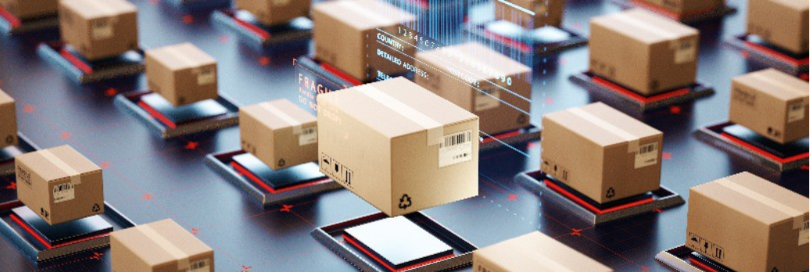СТС ЕС-Великобритания: льготное происхождение в сравнении с возвратом товаров

Adobe Stock

Adobe Stock
ARBA
Skaityti straipsnį
Naujai užsiregistravusius sveikiname dovanodami prieigą prie pasirinkto straipsnio!
* Pažymėti laukai privalomi
Sutinku su Terminai ir Sąlygos ir Privatumo politika
Neturite paskyros? Registruotis
Jau turite paskyrą? Prisijungti
Jau turite paskyrą? Prisijungti
Neturite paskyros? Registruotis
Komentarai ()
Norėdami parašyti komentarą, turite